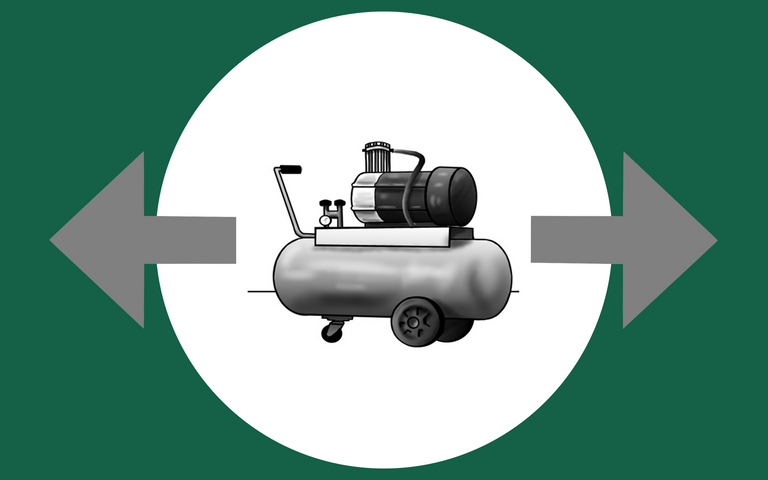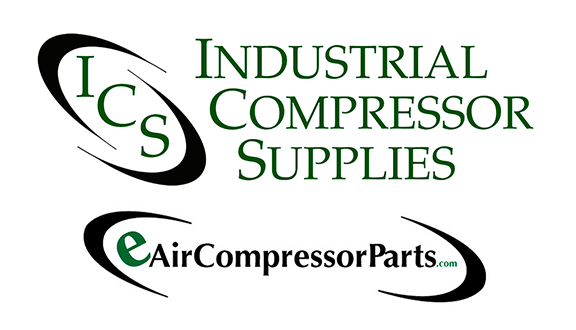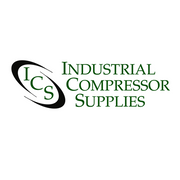Choosing the Right Air Compressor for Your Business

Whether you’re looking to purchase a new air compressor or need to replace the current one, the decision on what type of air compressor is right for your business can be a complicated one. Just about every industrial business these days uses an air compressor, yet the type of air compressor each business needs may differ greatly. Before choosing which one is right for you, it’s crucial to understand the various factors that are most important to the purchasing process. Based on our experience, we’ve outlined the four most important aspects for you to consider when choosing the right air compressor for your business.
How Much CFM Do Your Machines & Tools Require
The volume of compressed air is expressed in cubic feet per minute (CFM). If you plan on using a variety of tools (one at a time) with a new air compressor, you should choose a compressor rated for the tool with the highest cubic feet per minute requirements. However, if the air compressor is going to be used with multiple tools simultaneously, you should select an air compressor whose rating meets or exceeds the total of all tools that will be in operation at the same time. For example, if the air compressor will be used with a spray gun (18 CFM) and an impact wrench (5 CFM), you will need at least 23 CFM. Additionally, in our experience, it’s best to add 30 to 40 percent to your total just to make sure you will have enough pressure to power all the tools at once. So in this example, you would want a compressor rated at 30 to 42 cubic feed per minute.
What PSI Do Your Machines & Tools Require
The second part of the equation involves the pound per square inch (psi) measurement. As pressure increases, the same volume of air takes up less and less space. This means that there is less air available for use in a tank at 90 psi than at 135 psi. If you purchase an air compressor that has too little psi, you may find your work interrupted while the tank recharges. We should note that two-stage air compressors require a higher psi compared to single-stage air compressors. When evaluating these two measurements, remember that cfm stands for power and PSI stands for storage.
What is the Voltage of Your Building
Before purchasing an air compressor, you will also need to compare the voltage requirements with your building's wiring. Many of the larger, more powerful compressors require 220/230/250V, while the smaller ones typically require 110/115/120V. There are also gas-powered air compressors available, but these should not be used indoors. They are an excellent option, however, for construction sites or other outdoor locations where there is no source of electricity.
Who Are You Buying From
There is one last point you should consider before purchasing an air compressor for your business: the company selling it. You want to buy from a reputable company that has the ability (and desire) to handle any problems that might arise with your new air compressor. More than likely, you consider the money you will be spending as a significant investment in your business, so it is important to make sure that the air compressor you buy represents a true asset that will help your bottom line, rather than cause an expensive headache down the road.
Industrial Compressor Supplies is your trusted source for industrial air compressors, air compressor parts, aftermarket and OEM parts and supplies, air compressor lubricants, and replacement parts, supplies, and accessories. Industrial Compressor Supplies also specializes in air compressor repair, airend rebuilding, and services industrial air compressors in the greater St. Louis, MO area. Industrial Compressor Supplies ships to customers nationwide. Visit the website to place orders, or call (877) 426-3131 for more information.

About the Business
Have a question? Ask the experts!
Send your question

